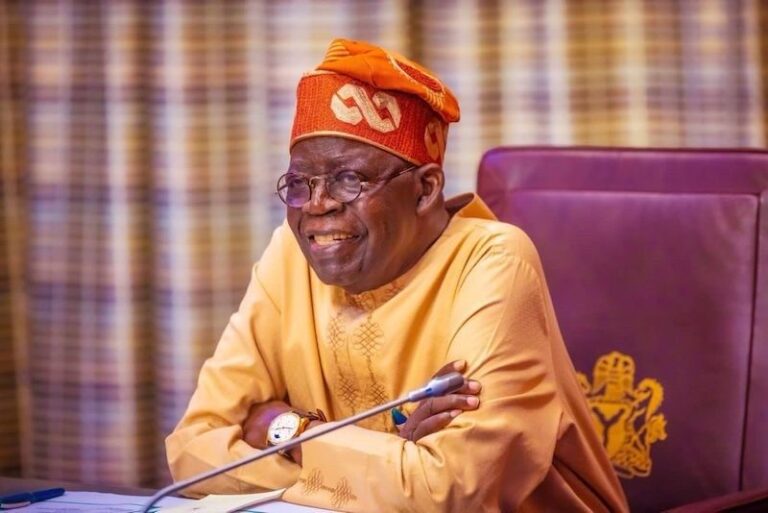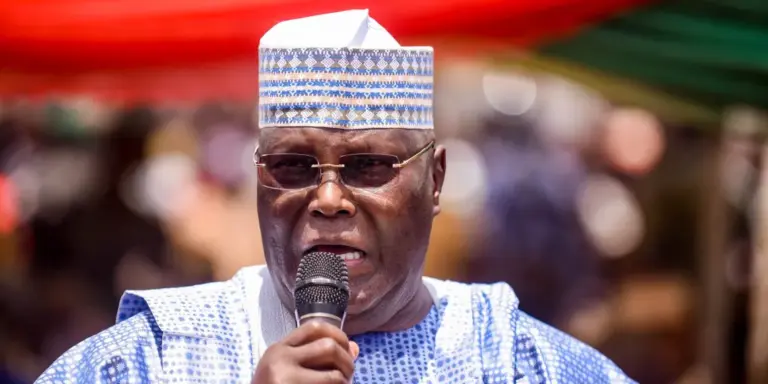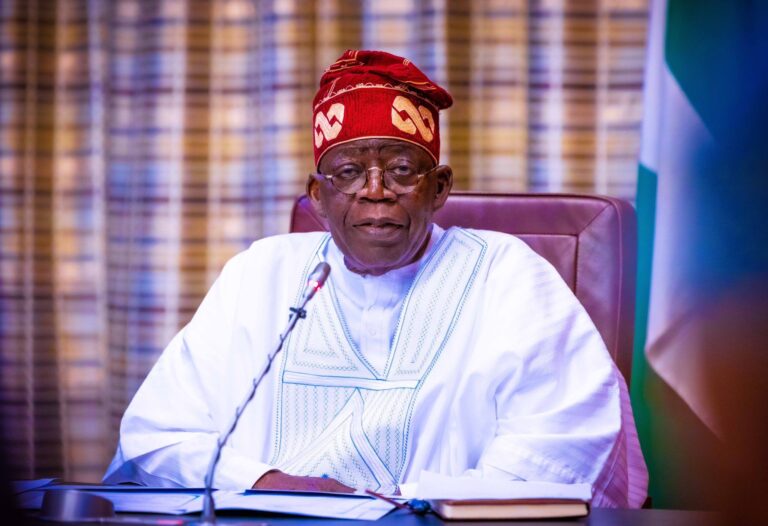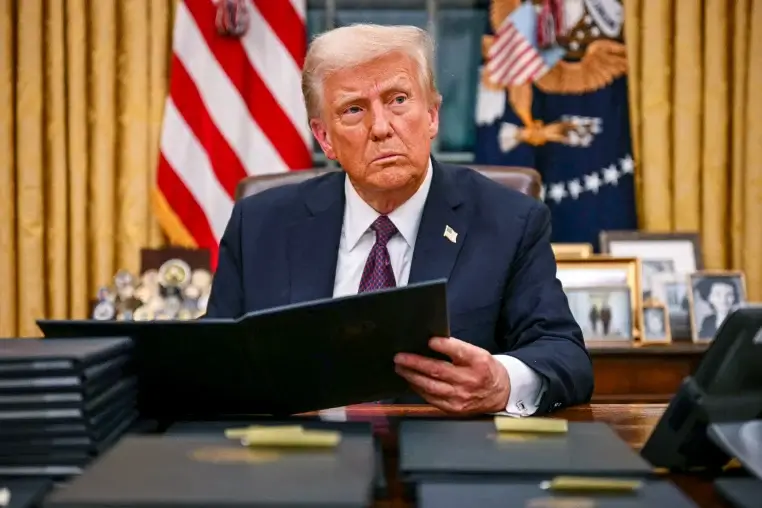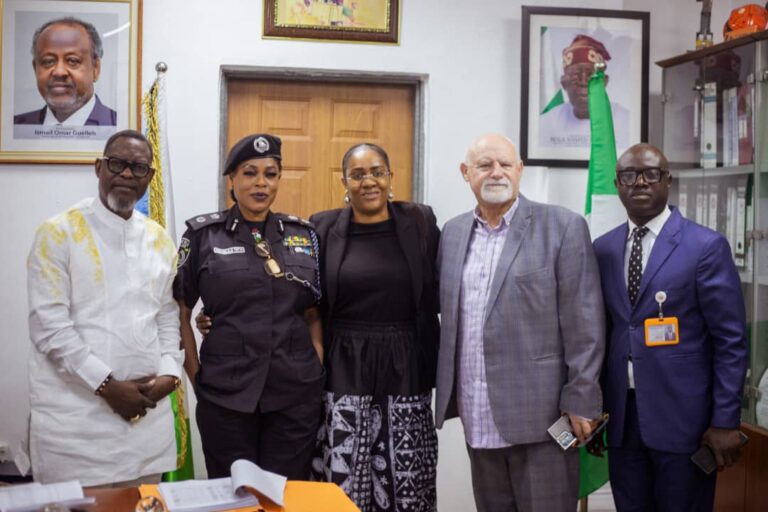US President Donald Trump’s crackdown on illegal immigrants in the country has intensified with a warning to foreign nationals who overstay their visa validity of severe repercussions for such an action.
In a statement made available to the press yesterday, US immigration authorities reiterated their longstanding policy on visa compliance, saying: “If you remain in the United States beyond your authorized period of stay, you could be deported, and could face a permanent ban on traveling to the United States.”
This warning comes amid rising migration figures, especially among young Africans, many of whom travel to the United States in pursuit of better education and economic opportunity.
According to recent data from the US Department of Homeland Security, visa overstays represent a significant portion of immigration violations annually, prompting tighter enforcement measures and renewed public awareness campaigns by the US Citizenship and Immigration Services. However, under US immigration law, individuals who remain in the country unlawfully for more than 180 days can face a three- or 10-year ban and, in some cases, a lifetime bar from returning.
For Nigerians seeking to relocate or study in the US, the warning serves as a reminder to comply strictly with immigration terms, especially as global scrutiny on migration grows fiercer. Only last week a number of countries including the US, Canada and the UAE had tightened the issuance of visas to a number of countries including Nigeria.
According to new directives from Dubai immigration, Nigerians aged 18 to 45 will no longer be eligible for tourist visas unless accompanied, while those aged 45 and above must provide a six-month personal bank statement showing at least $10,000 monthly balance before they are granted visas.
On Wednesday, the British High Commission in Abuja also announced a change to the United Kingdom’s immigration process for Nigerians applying for study and work visas. The US Department of State through its Embassy in Abuja announced that, effective July 8, 2025, most non-immigrant and non-diplomatic visas issued to Nigerians will now be valid for only three months and limited to a single entry.
The US Government had announced a revision to its visa reciprocity schedule for Nigeria, limiting the validity of certain non-immigrant visas—including the B1/ B2 (business and tourism), F (student), and J (exchange visitor) categories—to just three months, and restricting them to single entry.
The fresh action prompted an angry reaction from the Federal Government which expressed its concern over the recent decision by the United States to impose tighter visa restrictions on Nigerian citizens, describing the move as disproportionate, calling for “reconsideration in the spirit of mutual respect and cooperation.”
The spokesperson for the Ministry of Foreign Affairs, Kimiebi Ebienfa, was quoted as saying that the government was closely examining the new directive and its potential implications. “We are assessing the new policy and its necessary implications.
The government will respond soon, after due consultation with relevant stakeholders,” Ebienfa said. In a statement issued last Wednesday by the Ministry of Foreign Affairs, signed by Ebienfa, the FG said it viewed the new policy with “concern and keen interest,” particularly in light of the historically cordial relations between the two nations.
“The attention of the Federal Government of Nigeria has been drawn to the recent decision by the United States Government to revise its visa reciprocity schedule for Nigerian citizens, limiting the validity of non-immigrant visas including B1/ B2, F and J categories to three months with single entry.
“The Federal Government views this development with concern and keen interest, particularly given the longstanding cordial relations and strong people-to-people ties between our two countries. “The decision appears misaligned with the principles of reciprocity, equity, and mutual respect that should guide bilateral engagements between friendly nations,” Ebienfa said.
According to the statement, the policy change would have a broad impact on Nigerians, affecting students seeking education in the US, professionals involved in legitimate business, and families visiting loved ones. The government emphasised that the restriction could hamper cultural and educational exchanges that have long been a foundation of USNigeria relations.

